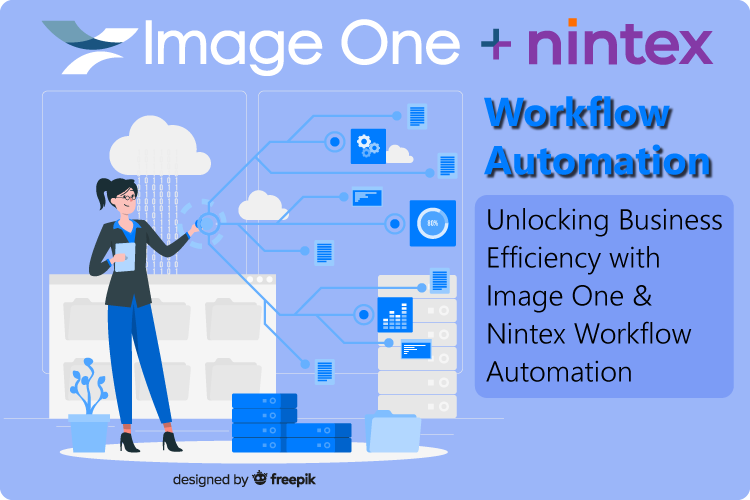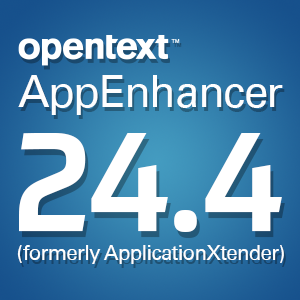Simplifying the digital age
Friday, September 7, 2012Businesses need to move into the digital age in order to remain competitive, it's a simple fact. For some, this means embracing the cloud, for other it means virtualization, but for many it means migrating from paper to digital records.
According to AccountingWeb, the concept of "going paperless" has been around for some time, but with the advent of tablets, the cloud, virtualization and other tools, it is finally achievable for some organizations. While larger organizations already have the manpower to troubleshoot an IT issue, smaller companies may need help – in the form of document conversion services and management.
"There's no end to the efforts you could make to automate your practice," John Higgins, a strategic advisor at CPA Crossings, wrote in his book "10 Steps to a Digital Practice In The Cloud." "The key is to make sure you're spending your time and money on the appropriate initiatives at the appropriate times."
Document management is a versatile tool that any business or organization can utilize to make work processes more efficient and eliminate unnecessary costs generated by paperwork. This can help keep employees better organized, reduce real estate wasted on printers, file storage and the supplies needed to maintain this equipment. Additionally, with the proper management solution for digital information, a business can streamline workflow for all aspects of business, tying customer service into production more efficiently and increasing both employee and customer satisfaction.
While businesses need to embrace the future, they also need to do so in a well informed, beneficial way that enhances practices rather than impedes them. Jumping too quickly on the first information management service that comes by could have disastrous results. By carefully investing in a solution that best fits workflow needs a company can ensure success while embracing the digital age of business operations.
Brought to you by Image One Corporation, providing complete information governance since 1994.




